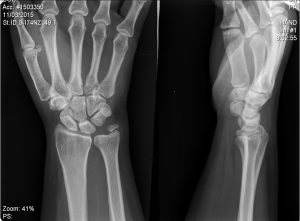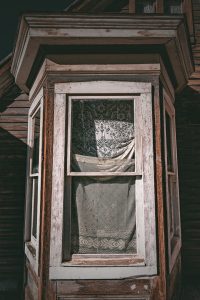 Whether you live in Vista or elsewhere in San Diego County, you may have an elderly loved one who resides in a nursing home or an assisted-living facility in the area. Given the frequent news reports about elder abuse and neglect, you may worry about your elderly loved one’s safety. While nursing home abuse can occur in almost any facility, a recent report in the Star Tribune highlighted elder abuse prevention efforts in San Diego County specifically, describing the work of San Diego County law enforcement as “a model to protect seniors.”
Whether you live in Vista or elsewhere in San Diego County, you may have an elderly loved one who resides in a nursing home or an assisted-living facility in the area. Given the frequent news reports about elder abuse and neglect, you may worry about your elderly loved one’s safety. While nursing home abuse can occur in almost any facility, a recent report in the Star Tribune highlighted elder abuse prevention efforts in San Diego County specifically, describing the work of San Diego County law enforcement as “a model to protect seniors.”
Are seniors getting safer in Southern California nursing homes, or do we need to remain just as vigilant about the risks of elder abuse and neglect in Vista?
San Diego County’s Approach to Elder Abuse Investigations
 Southern California Nursing Home Abuse Lawyer Blog
Southern California Nursing Home Abuse Lawyer Blog















